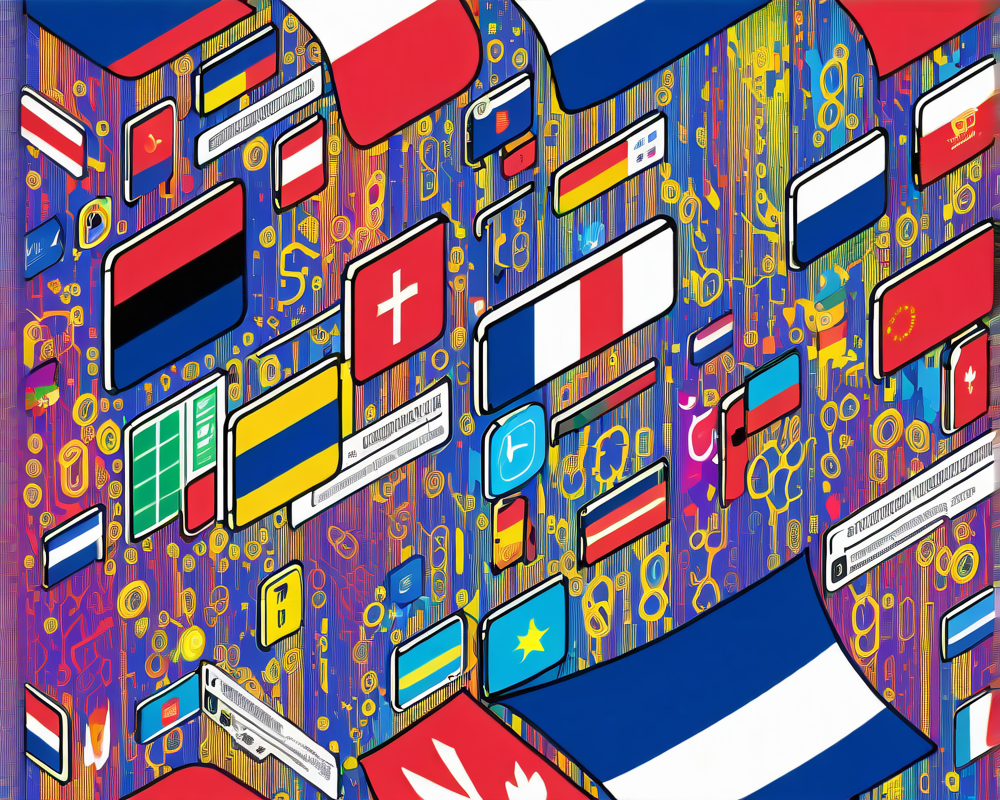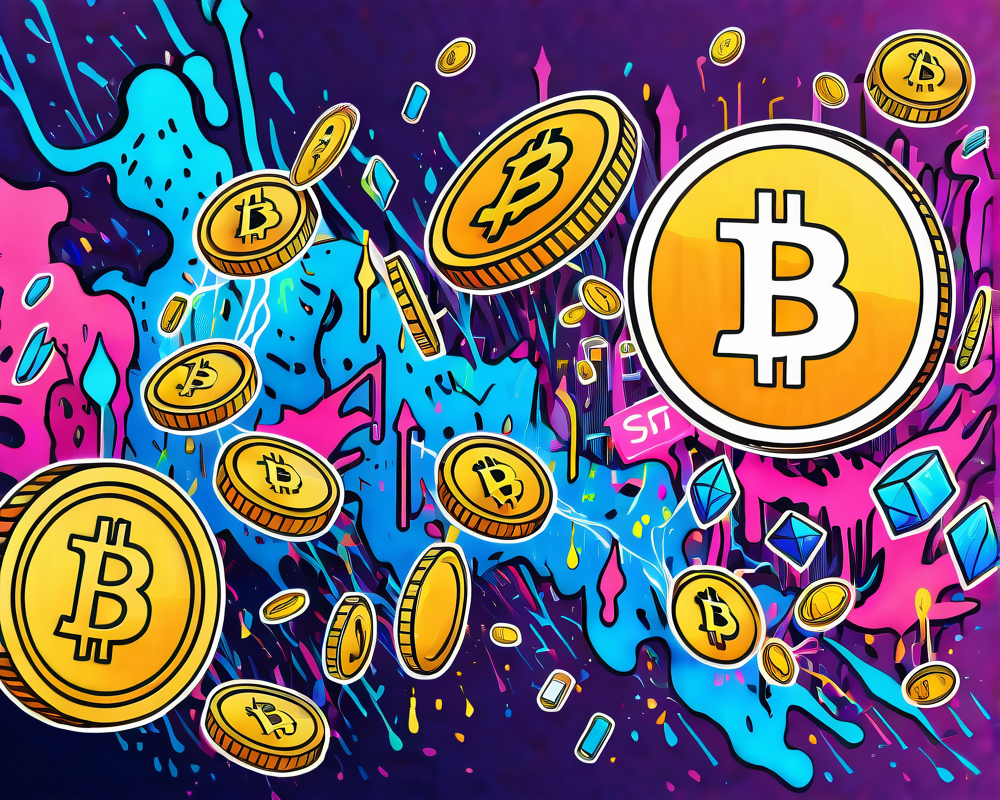The NFT Dilemma: When Your Name Becomes a Commodity
In the increasingly intricate world of cryptocurrencies, even the most reputable developers aren’t immune from the chaotic allure of quick profits. Recently, Luke Dashjr, one of the prominent figures in Bitcoin’s development, found himself in a tricky situation when his name and code were used to market an NFT he didn’t consent to. Talk about an unexpected plot twist!
What Happened? Dashjr Calls Out Auction Site
On February 27, Luke Dashjr took to Twitter to express his discontent regarding an NFT sold at an auction site that prominently featured code he authored. Priced at around 0.41 Bitcoin (roughly $9,500), the NFT was misleadingly marketed as his creation, even though he had no involvement in its sale. It’s like finding out that a bakery is selling ‘Dashjr Donuts’ without even consulting the man – rude, right?
Bribery or Miscommunication? How’s That for a Business Model?
To add salt to the wound, the seller or auction site provided Dashjr an enticing offer: a donation of 90% of the auction proceeds. He declined, labeling it as either a bribe for silence or a desperate attempt to obtain consent retroactively. Here’s a guy who’s worked hard for his reputation and technical contributions – can you blame him for not wanting a slice of that dubious pie?
Fake Projects and Public Confusion
As Dashjr pointed out, the fallout from this situation isn’t just about misrepresentation; it raises broader concerns about transparency in the NFT market. He noted not only his case but also indicated that other Bitcoin developers faced similar situations where their works were exploited. Meanwhile, some sellers apparently think they can just slip a donation as a way to buy approval. Talk about shady tactics in the ever-evolving crypto landscape!
Protecting the Bitcoin Community: A Call to Action
In a world where digital privacy is paramount, Dashjr’s experience serves as a cautionary tale. He insisted on the necessity for clarity and the right to control one’s intellectual property. Providing the wrong information can lead to consumer confusion, and he urged that buyers of the misleading NFT should be refunded completely. After all, if you buy a product under false pretenses, would you feel inclined to keep it? Probably not!
Final Thoughts: Navigating Scams in a Digital Playground
This incident sheds light on a larger issue in the NFT and cryptocurrency space. With platforms like OpenSea reporting that a staggering 80% of NFTs minted were plagiarized or fraudulent, it’s clear the community needs to bolster its defenses. Dashjr’s affirmative stance against the misuse of his name may resonate with many in the industry who are equally tired of being caught in the crossfire of scams and unethical practices.



